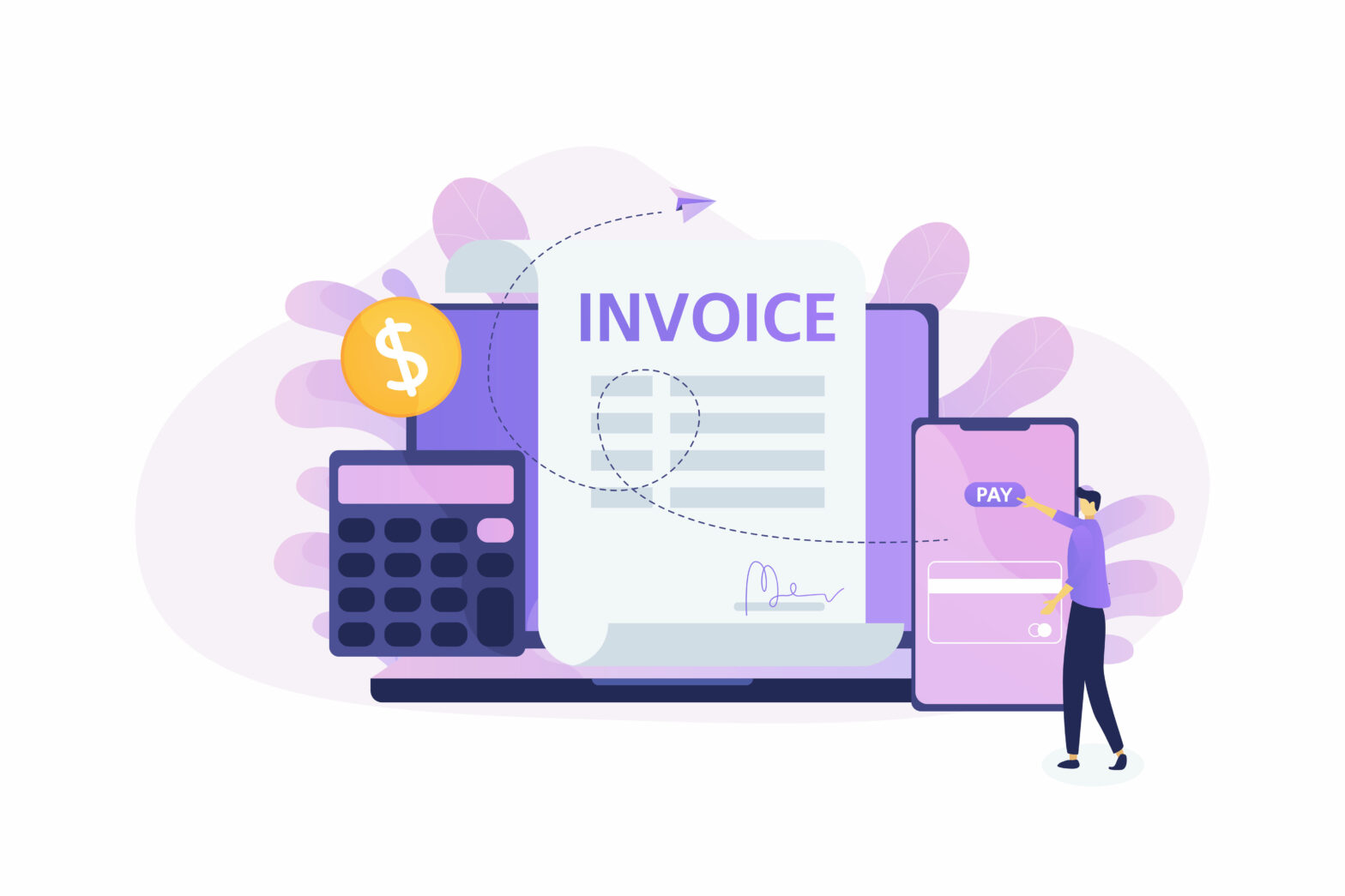Alternative financiers are transforming the SME finance landscape, leveraging cloud technology, real-time data and analytics tools to provide businesses with smart, efficient and cost effective finance and debtor management solutions. In fact, we have reached the point where technology is enabling such levels of control for business owners that they are effectively being allowed to become their own bank managers. Indeed, the era of on demand business finance has arrived.
Through selective invoice finance, for example, SMEs can decide which pre-approved invoices they want to draw on according to their needs (as opposed to the whole ledger having to be financed). What’s more, they can choose to draw on the invoices they know will be repaid the soonest, enabling business owners to minimise costs. This means they can control how much they borrow, when, against which invoices and for how long, for a transparent daily charge with no hidden extras. The flexibility of selective invoice finance allows the facility to grow in tandem with turnover, which makes it especially valuable to seasonal and expanding businesses.
This innovative form of funding is being made possible by the rapid evolution of digital capabilities. Providers are developing sophisticated platforms that seamlessly integrate with business accounting packages via online and cloud technology, allowing them to monitor businesses in real-time, gain enhanced insight into payments and cash, and offer near-instant funding. The extent of the real-time data available means that, from a risk perspective, providers can establish a comprehensive understanding of the suitability of companies wanting to be financed, opening up financing channels for those that may be denied by more traditional lenders.
Overcoming challenges
This new era of finance comes at an important time for many SMEs. With a huge number of businesses battling late payments and high-street lending all but at a standstill, it is more important than ever that companies are able to effectively manage their cash flow.
Indeed, SMEs face significant pressure when it comes to cash flow management, with recent figures revealing that 53 per cent of SMEs in Britain experience late payments – totalling approximately £225 billion. Of this, one in five is owed more than £25,000, while nearly one in ten has in excess of £100,000 overdue. Such levels of delayed payments are causing headaches for many businesses, which must not only manage huge deficits, but dedicate vast amounts of time and resources to pursuing unreceived cash.
The issue is being exacerbated by the huge decline in availability of traditional lending facilities such as overdrafts, which have been relied upon by businesses in the past as a means of plugging short term cash flow gaps. Such developments in the SME finance landscape have left many companies facing uncertainty about how they can effectively address and overcome such trends.
Yet while some forms of lending are being withdrawn, businesses can feel confident that they can access innovative finance options that not only offer them far greater control over their funding and cash management, but can also be far more flexible than many traditional forms of finance in terms of their specifications and requirements.
For instance, the length of time taken to on-board can be significantly shorter; the information readily available to such alternative providers means that companies are not required to submit regular financial information; renegotiation is not needed – unlike facilities such as overdrafts, which come up for renewal; and costs including set up and renewal fees can be avoided.
Utilising technology
In addition to financing, alternative financiers are also utilising technology to help businesses improve their financial health with online credit control platforms. Such online tools can be used to automate debtor management processes, effectively monitor risk, improve efficiency, productivity and cash optimisation. An invoice reminder customer relationship management (CRM) system, for example, can automate much of the invoice management process and help ensure payments are received on time. Such platforms offer continued tracking of invoices, with automatic, customisable reminders sent to customers. It has been shown that such systems can help SMEs reduce the time they spend on debtor management by 80 per cent, with many able to significantly shorten their days sales outstanding.
Furthermore, the extensive credit reporting element of the platform means SMEs can gain a thorough insight into the customer risk of both potential and existing customers, helping them to keep track both checking companies’ credit reports prior to undertaking business with a new counterparty, and monitoring existing customers’ credit health.
With late payments a persistent issue contributing to the collapse of SMEs and high street bank funding on the decline, technology developments are presenting new opportunities for businesses to access levels of flexibility and control over their funding and cash management never seen before. We live in world of “on demand” – and on demand business finance is here; allowing businesses to manage their borrowing, their way.
Steven Renwick is CEO of Satago.





